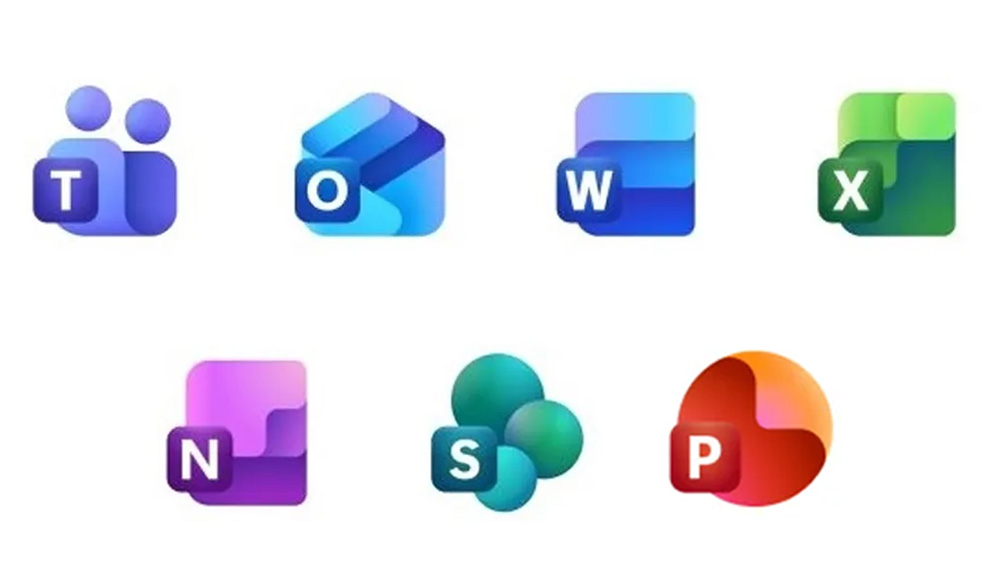NissanConnect EV & Services App: A Closer Look at User Experience

Nissan has introduced the official NissanConnect EV & Services iPhone app, designed specifically for Nissan LEAF owners. This innovative application allows users to manage several unique features of their electric vehicles directly from their mobile devices. With this app, users can monitor and control their LEAF's battery charging, adjust climate settings, and check battery status, all with a few taps on their smartphones.
However, user experiences with the app have been varied, as highlighted in reviews from the Apple App Store. One common complaint is the absence of a home screen widget that would enable users to quickly check their cars battery status, a feature that is available in competing electric vehicle apps from brands like Rivian, Ford, and Lucid.
In fact, many developers have taken the initiative to create their own applications for the Nissan LEAF, offering custom user interfaces and additional featuresincluding home screen widgets that enhance user experience. Unfortunately, these third-party applications are currently unavailable for users residing in North America, which has led to considerable frustration among LEAF owners.
One developer, who created an app called My Leaf, expressed his discontent in a blog post. He explained how Nissans deliberate modifications to their North American API led him to discontinue support for his app in the region. I simply wont support it any longer because of Nissan of North Americas persistent work on blocking third-party clients, he lamented, emphasizing the challenging and ongoing struggle to maintain compatibility with Nissans evolving software policies.
Despite these hurdles, one tech-savvy LEAF owner took it upon himself to develop an iPhone home screen widget to display the battery charge status of his vehicle. Remarkably, he undertook this project with a specific constraint: he would not spend any money. He believed that the official Nissan app should inherently provide this functionality, and so he relied on existing tools and resources to create his solution.
This restriction meant he could not utilize tools like Sidecar, which offers a home screen widget but requires a wireless On-board Diagnostics (OBD) scanner and a monthly subscription fee of $6.99. Similarly, he avoided using the widely popular LeafSpyPro app, which also necessitates purchasing a wireless OBD scanner and costs $19.99, although it does not offer a home screen widget either.
Ultimately, he succeeded without incurring any costs. His widget effectively shows the battery status, and tapping it redirects users to the NissanConnect app. A video demonstration reveals some minor screen transition issues, but the user remains optimistic about the projects outcome.
The underlying mechanism of the widget is quite interesting. To avoid potential disruptions from API changes, he relied solely on the official NissanConnect app without making any modifications. The widget uses a TinyURL that directs to a shortcut enabling the NissanConnect app to run, eschewing potential pitfalls associated with third-party integrations.
There is a chance that the NissanConnect developers might implement changes that could affect the widgets functionality. However, any such alterations may also impact regular users, suggesting that Nissan has a vested interest in maintaining app stability.
Looking ahead, this developer's initial goal was to operate an Android emulator in the cloud to avoid the need for managing his own Android device. While he found limited success with this approach on his Apple Silicon Mac laptop, attempts to use older x86_64 hardware have led to errors, highlighting potential compatibility issues with the NissanConnect app or its server.
Fortunately, the app features a demo mode that allows users to explore its functionalities without needing to sign in, which enabled successful testing in a cloud environment. There is hope that future developments in GitHub Actions may allow for more efficient cloud-based solutions.
As it stands, the developer is considering whether to upgrade his Nissan LEAF for another electric vehicle that boasts a more user-friendly app experience, reflecting a growing concern about the digital offerings that accompany modern electric vehicles.





















